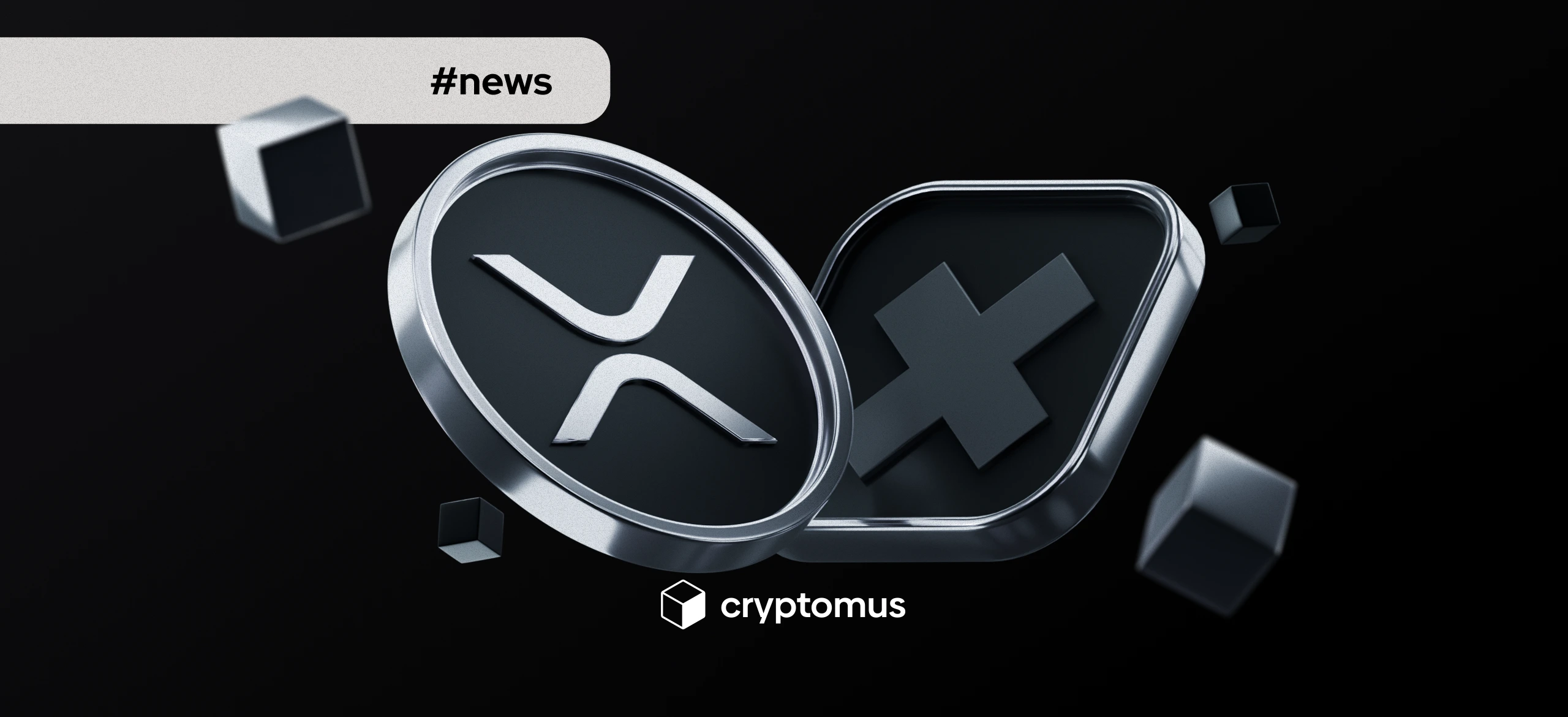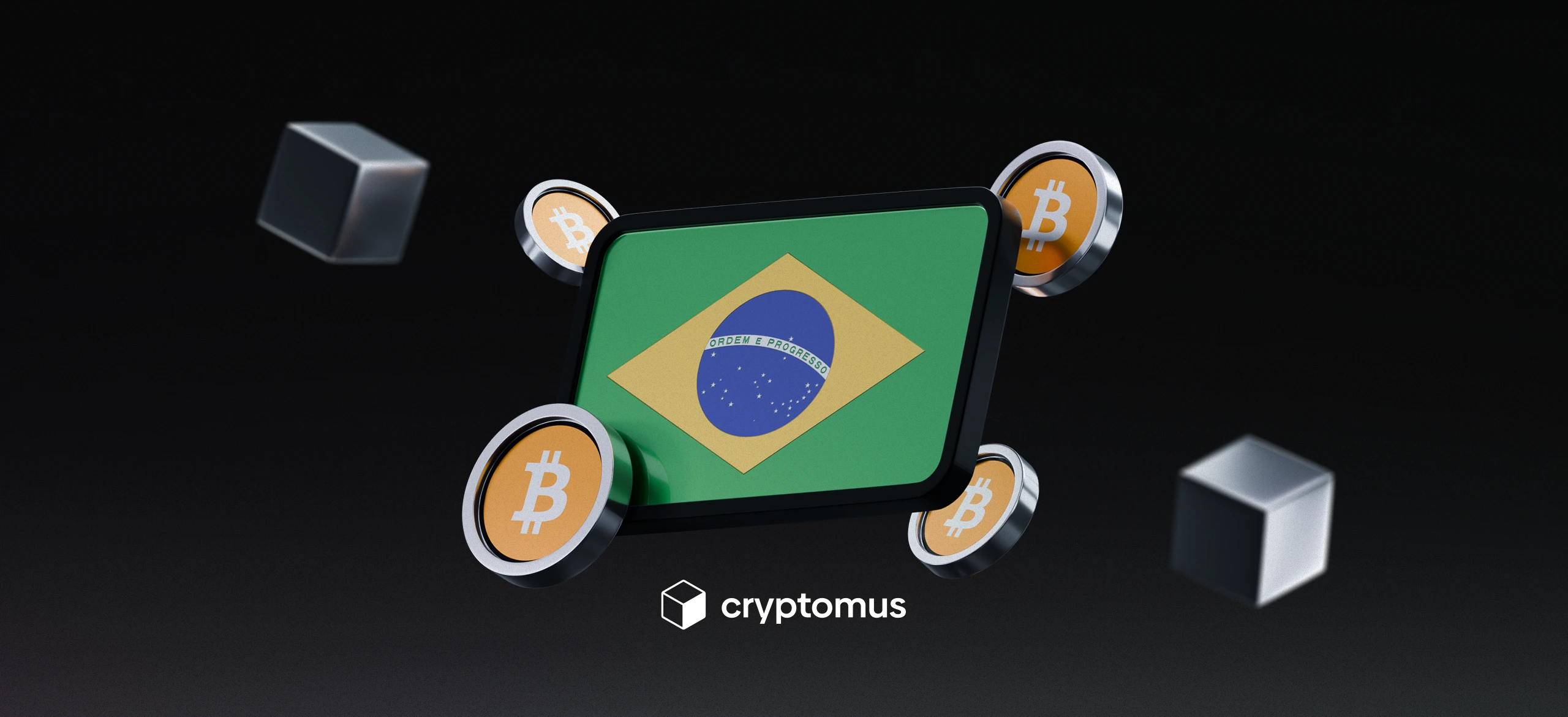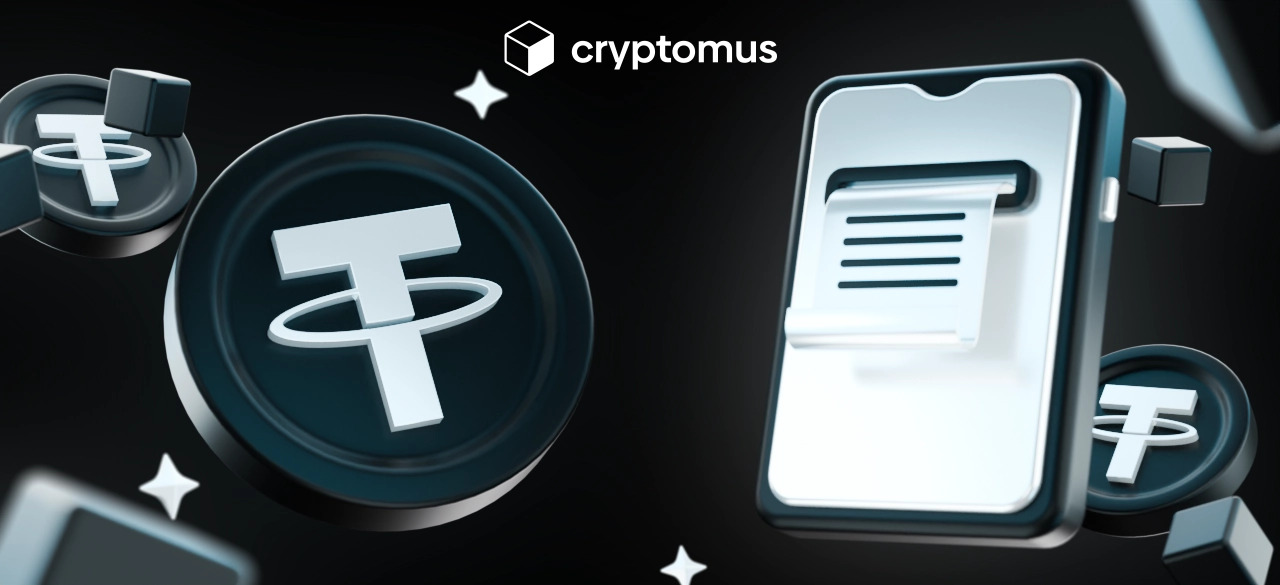
Is Ethereum Decentralized or Centralized?
Table of Contents
Ethereum has always been celebrated for its decentralized design. However, as it has expanded, some are questioning whether it’s truly free from central control.
In this guide, we’ll explore whether Ethereum remains free of central authority, how it preserves decentralization, and what might challenge that stability.
What Does Decentralization Mean?
Decentralization means distributing power and decision-making across a network instead of concentrating it in a central authority. That makes the system more resilient to failure, censorship, or manipulation, and it’s a fundamental idea in crypto.
In decentralized blockchains, numerous computers help verify transactions and safeguard data. Without a central authority, trust shifts to the code, cryptography, and the network, which makes blockchains harder to censor or hack. Let's go over the main features of decentralization to clarify things:
- Shared Governance: Authority in decision-making is spread across different participants.
- Transparency: Network operations are open to everyone, ensuring a trustworthy environment.
- Resilience: With no single authority, the system is less vulnerable to failures.

Is Ethereum Decentralized?
Decentralization is one of crypto's key strengths compared to traditional finance, but how does it work with Ethereum? Ethereum is considered decentralized, but the extent of it is still being questioned.
Ethereum achieves decentralization through its consensus mechanism, open-source nature, and governance. Now, we'll explore each of these factors in depth.
Ethereum’s decentralization comes from its Proof of Stake consensus, where validators independently verify transactions and protect the blockchain. Anyone can join as a validator by staking ETH, which helps distribute control among multiple participants.
Being open-source, Ethereum encourages community participation in its development. Ideas and updates are proposed through Ethereum Improvement Proposals, allowing all stakeholders to weigh in. Solutions like rollups provide scalability while preserving Ethereum’s decentralized principles.
Nevertheless, centralization risks remain a concern. Below are some challenges that could threaten Ethereum's decentralization:
- Large Staking Pools: The high requirements make staking pools a popular choice for users. The downside is that when just a few large pools handle most of the staking, it can limit decentralization and shift control to them.
- CEXs: By trading ETH on centralized exchanges, you risk account blocks or hacks, sacrificing control over your funds for convenience.
- Regulations: Governments might tighten crypto regulations with stricter KYC and AML rules, which could limit Ethereum's use cases and lead to greater centralization.
- Development Control: Although Ethereum is open-source, the way a select group manages its development could give rise to centralization risks.
As you can see, Ethereum aims to uphold decentralization, though certain factors could present risks. Even so, it remains one of the most decentralized digital assets.
We hope this guide helped! Let us know your thoughts and questions!
Simplify Your Crypto Journey
Want to store, send, accept, stake, or trade cryptocurrencies? With Cryptomus it's all possible — sign up and manage your cryptocurrency funds with our handy tools.
Get Started









